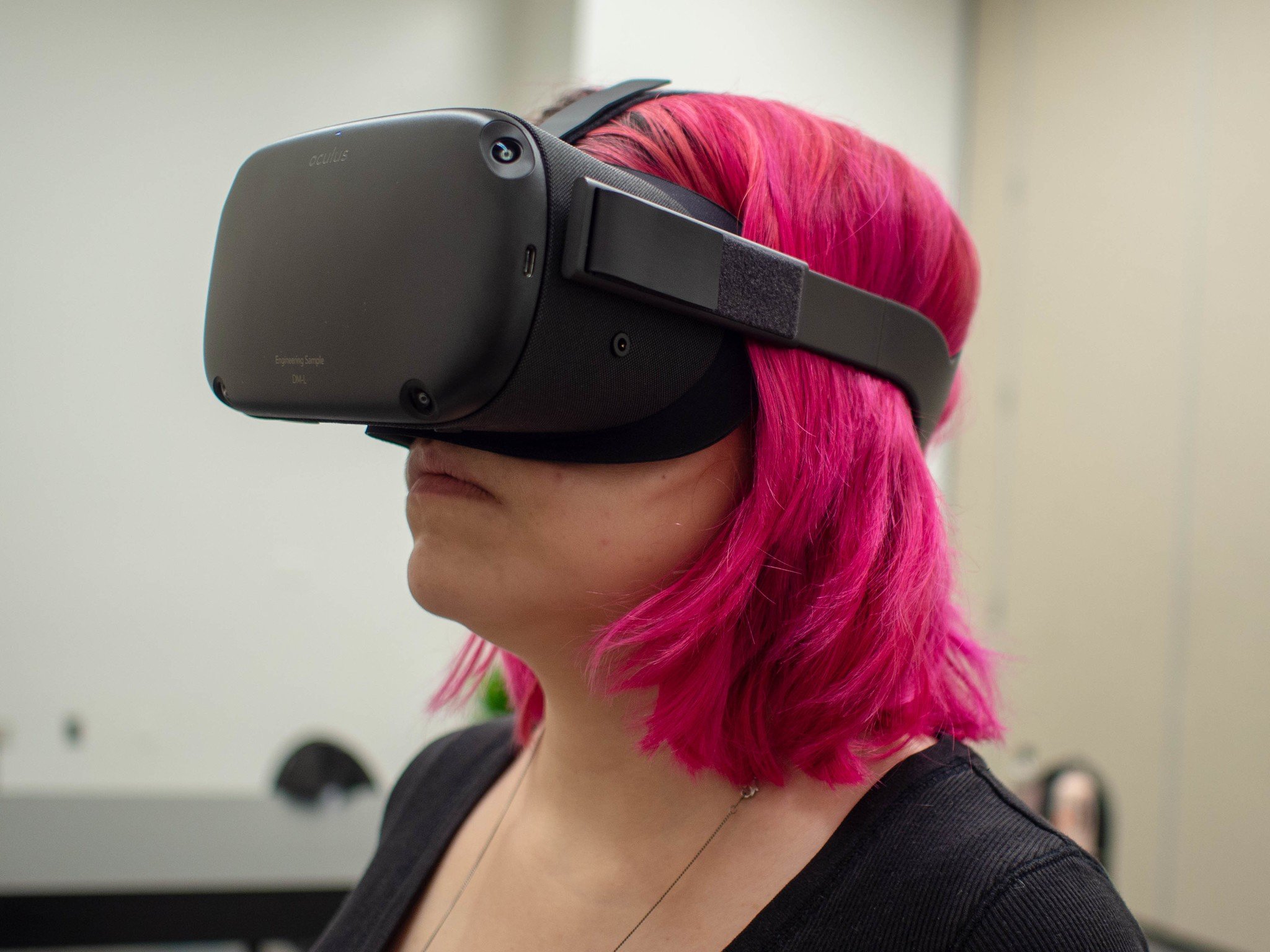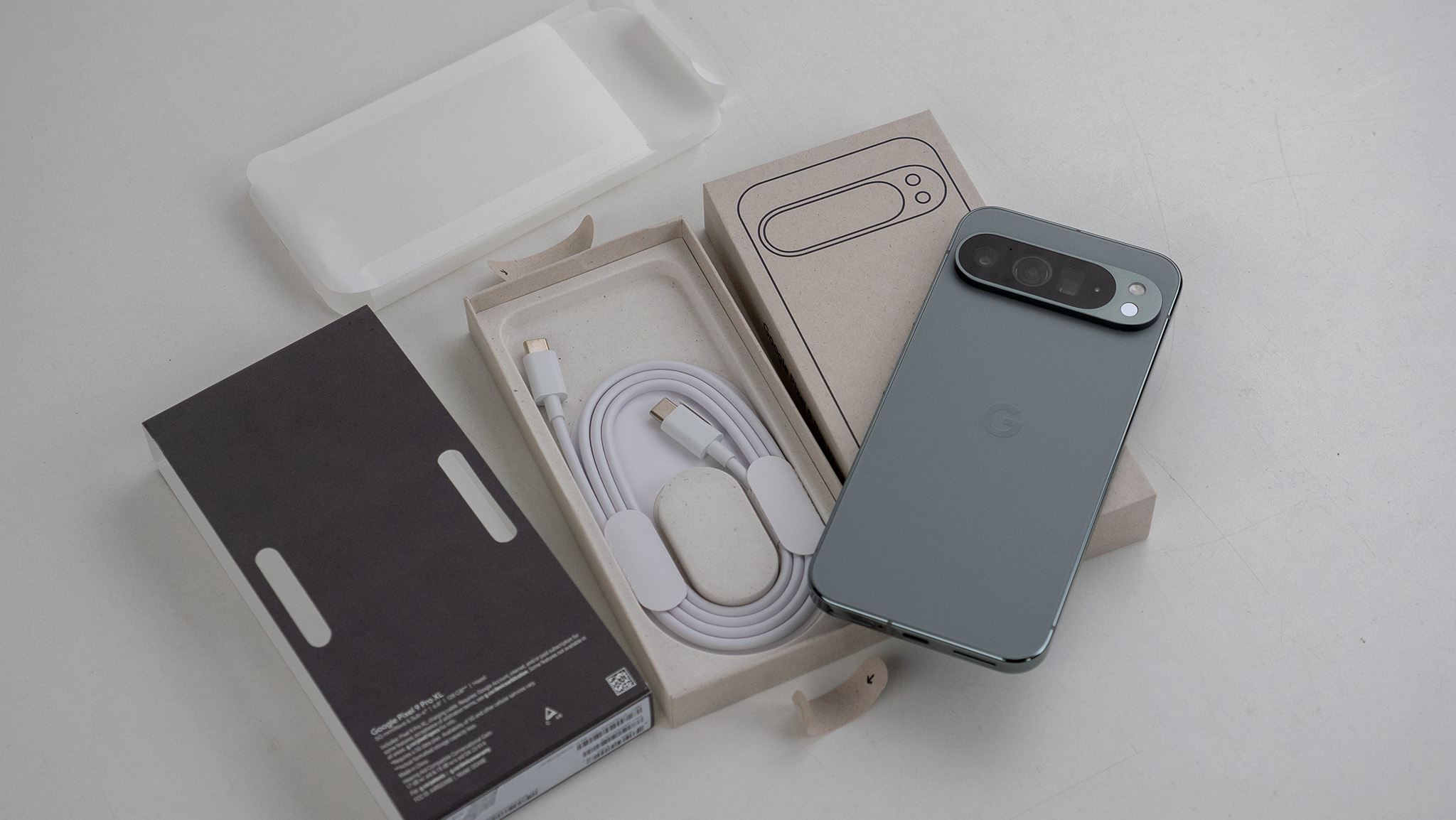Trying to play old games is too tough, but remakes aren't the answer
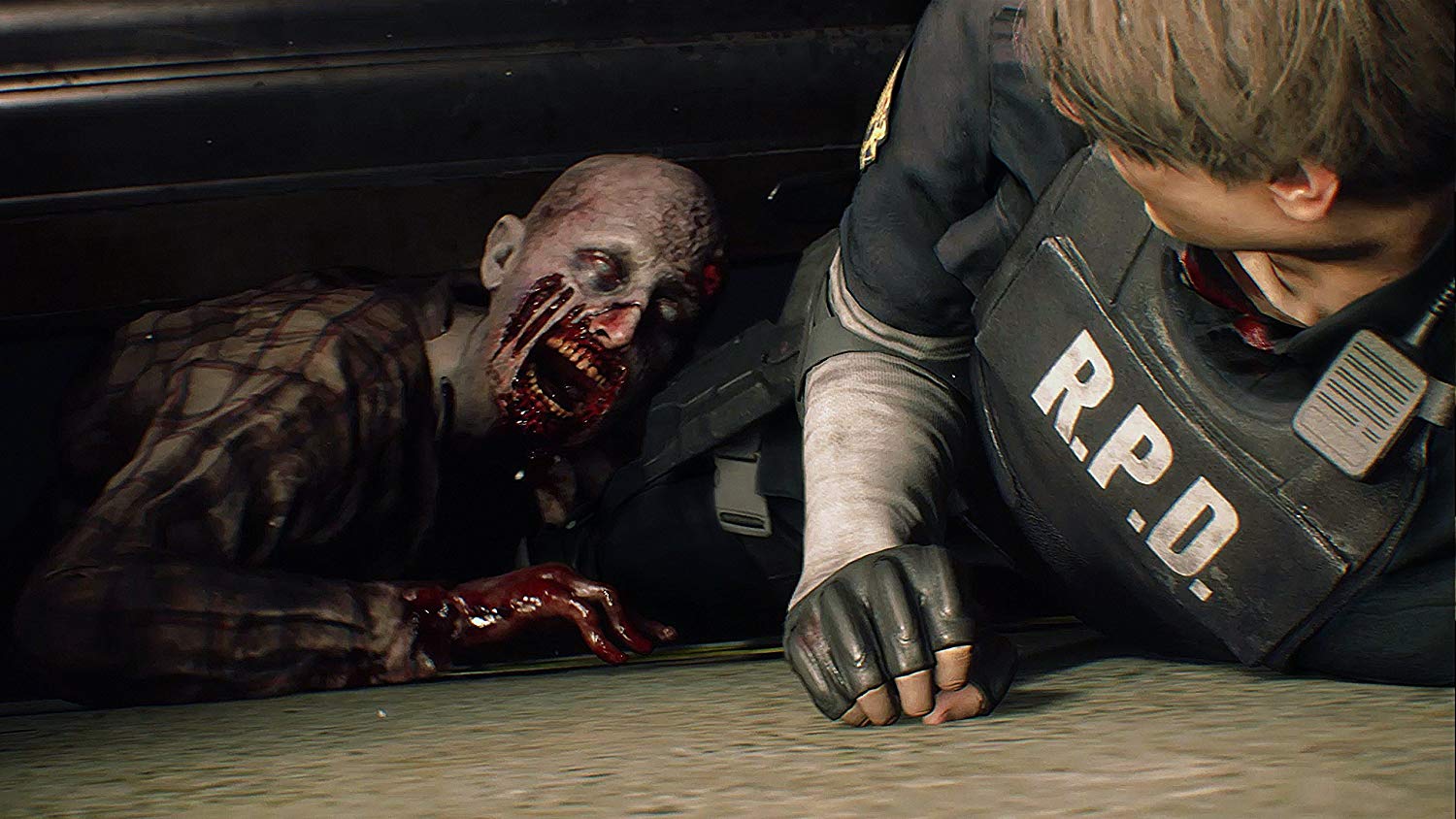
Playing older games like Silent Hill 2 can be a huge struggle. The simplest way is always to track down used copies of both the game and the console, but depending on the game, it can cost you a few hundred dollars. You either have to find a used version of both the game and the PS2, play the maligned Silent Hill: HD Collection through Xbox backward compatibility, or get a PC copy and download the community-driven Enhanced Edition. Your best bet would be to get it through Xbox, but the HD Collection is a mess, and you'd be missing out on a lot of elements that made the original game so beloved.
Earlier this week, reports surfaced that Sony was going to shut down the PS3, PS Vita, and PSP digital storefronts. While the company hasn't confirmed if the reports are true, it did raise a lot of concerns from players. Even though all three systems have been discontinued for a while now, there are games that exist on said systems that could potentially be lost forever beyond physical copies.
If these stores are shut down for good, some of our best games could be lost forever.
Multiple Metal Gear games, Uncharted: Golden Abyss, God of War: Chains of Olympus, Tokyo Jungle, and others were only available on those platforms, and a lot of smaller games were only available digitally. A lot of games are available on the PS4 or through Sony's PS Now program, but it's not nearly as extensive as Xbox's due to backward compatibility issues partly due to how difficult it is to port games from one Sony console to another due to system architecture changes and other gimmicks.
If the claim that Sony is shutting down those digital storefronts is true, that means many games will be lost forever. This isn't a new concern in the video game space; titles get shuttered all the time and become unplayable due to studios shutting down servers and support. This is disappointing for those who worked on these games, but it's an even bigger problem in terms of preserving games history.
Are remakes important to games preservation?
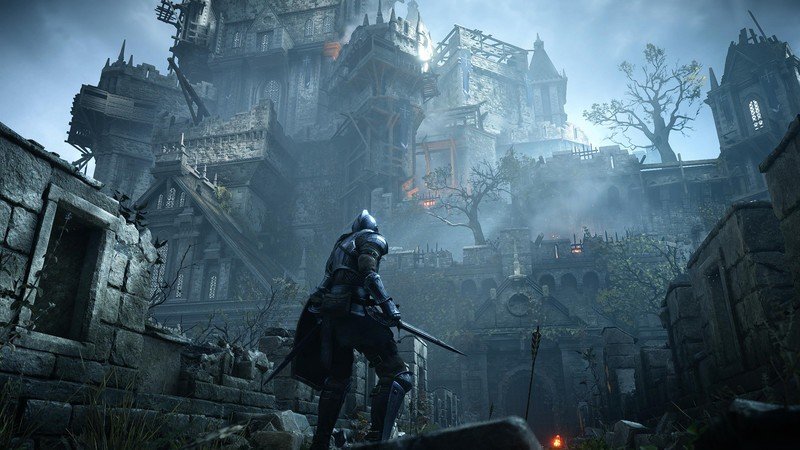
The issue of games preservation is nebulous at best. Organizations like the Game Preservation Society, the National Videogame Museum, and the Game History Foundation work to preserve physical gaming history, and websites like the Internet Archive have a ton of emulated MS-DOS and CD-ROM games available for free. There are even singular creators working on emulators to make it easier than ever to play a lot of classic games on your PC or mobile device. People want to keep older games playable, but it's tough when giant companies don't seem to want the same thing.
A lot of studios and publishers would rather remake or remaster older titles rather than redistribute the originals or create ports.
A lot of studios and publishers would rather remake or remaster older titles rather than redistribute the originals or create ports. It makes sense from a business standpoint since it gives them another product to sell, and it allows developers to clean up titles that might not be suitable for modern audiences. Bluepoint Games' Demon's Souls remake for the PS5, for example, got a huge graphical upgrade, along with new features like a Photo Mode and an updated character customization menu, things that are more common in modern-day console games. It also benefited from a much higher frame rate, which made combat feel a lot smoother.
However, while Bluepoint didn't make a lot of radical changes, it isn't the same experience. A higher frame rate makes all that dodging a lot easier. And the visual changes were especially controversial, with many fans noting that the remake made the famously swampy, gothic Demon's Souls feel cleaner, and maybe even erased a lot of the original's atmosphere.
Be an expert in 5 minutes
Get the latest news from Android Central, your trusted companion in the world of Android
The recent Resident Evil remakes are another great example of how games can be redone for modern audiences to great effect, but fail to offer a real substitute. Both games adapt the third-person, over-the-shoulder view that became common after Resident Evil 4 instead of utilizing the tank controls and fixed camera angles from the originals, which makes for a much smoother experience and eliminates a controversial control scheme from the equation. The Resident Evil 2 remake also does a great job of keeping the initial game's atmosphere and trademark dense puzzles. However, if you wanted to play the first three Resident Evil games, you'd have to settle for remakes that aren't quite a one-to-one experience — or go used game hunting.
Playing old games is hard. Playing digital-only games is harder
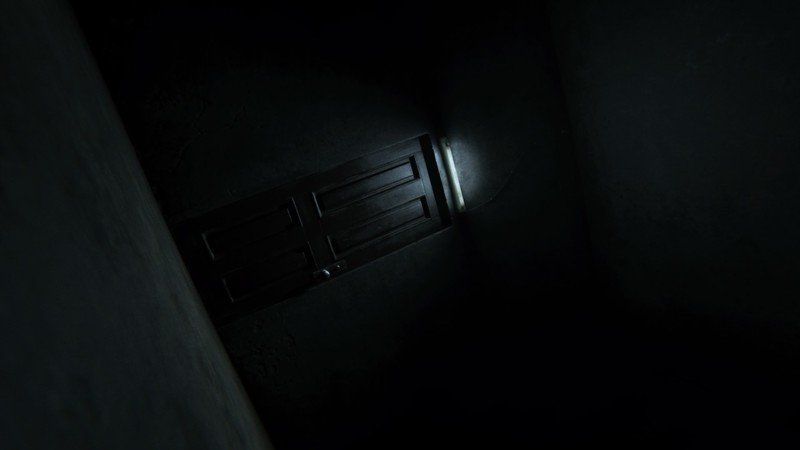
Games preservation is about cataloging history and education not necessarily making sure that all games are playable no matter when they came out (although it does help). In non-COVID times, you could go to video game museums or see booths at conventions that allowed you to play on retro consoles or arcade cabinets. While there are efforts to ensure games don't completely disappear when their platforms are no longer supported, it's still an uphill battle as digital storefronts disappear. Tracking down a physical copy of an old game can be time-intensive or expensive, but it is possible. With digital-only games, you either buy and download a game or you lose it forever.
I'm not sure if there's a straightforward solution to this problem.
This was the case with P.T., the demo for Hideo Kojima's canceled Silent Hills. It released on PS4 in 2014 to great acclaim, cementing itself as one of the games of the generation even though it wasn't a full game. Unfortunately, after the project's cancelation, it was pulled from the PlayStation Store in 2015. The only way to play it was to then have downloaded it before it got pulled. You can't even play it on the PS5. My partner and I kept our PS4 after upgrading to the PS5 specifically because it has P.T. on it.
It isn't all doom. Remasters and remakes like the recent Scott Pilgrim vs. the World: The Game, which was delisted from digital storefronts in 2014 and recently got a cleaned-up re-release in 2020. It doesn't change too much from the original, therefore allowing newer audiences to experience the 2010 game.
There are most likely business reasons for shutting down the PS3, PS Vita, and PSP storefronts; it's likely none of them are super profitable and the audience for those platforms is niche. However, big companies shutting down these storefronts without offering alternatives means a lot of games can be gone forever. It brings into focus how nobody actually owns the digital games they buy, but also the fickle experience of making and preserving games. Once you start bringing in licensing issues and who gets to even publish games, it gets even more confusing.
I'm not sure if there's a straightforward solution to this problem. Nonprofits are doing the work and so are individuals, but in a lot of cases, it's up to these large corporations or the studios and publishers that own the rights to the games. Xbox's backward compatibility is much more robust than Sony's or Nintendo's, so users can play a lot of Xbox 360 games on the new Xbox Series X and S consoles. For a multitude of reasons, however, Sony and Nintendo don't have the same reach. Nintendo especially has come under fire for not offering a lot of its older games on the Switch despite a lot of ports hitting other consoles over the years.
It's not always about ensuring that games are playable, although that is a nice side effect (imagine wanting to play a Vita-only game only to find it not available anymore). It's more about keeping games as they are intact to respect the work developers put into them and for preserving gaming's history. Remakes are good for allowing players to keep up with games they might've missed, but it's not the same as experiencing the original, flaws and all. Getting rid of digital storefronts is the easiest way to ensure games vanish, and no amount of remakes or remasters can help that.
Carli contributed gaming content across Windows Central, Android Central, and iMore. Her last name also will remind you of a dinosaur. F
